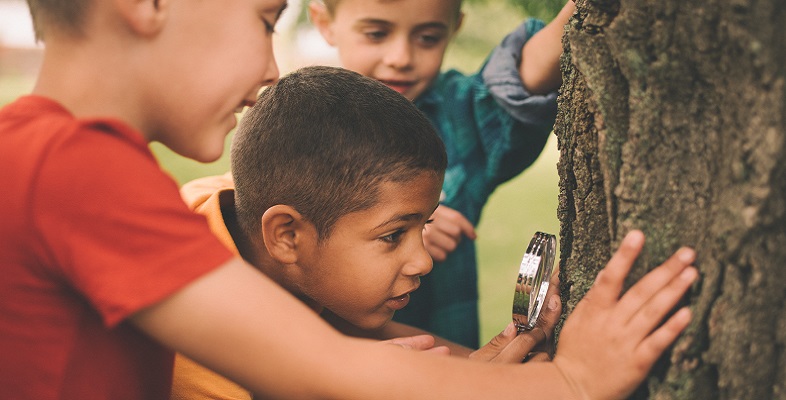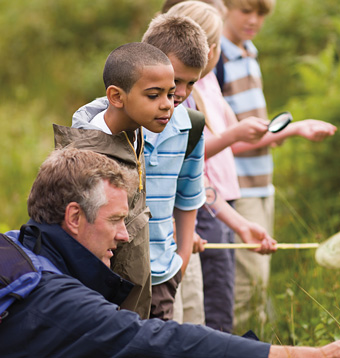1.2 The nature of scientific knowledge
The nature of scientific knowledge is closely tied to the nature of science itself. The scientific method tries to eliminate biases, subjectivity and idiosyncratic ideas from its body of knowledge, in order to produce objective paradigms or theories.
Activity 2 Theories
Science develops theories. But what is a theory? What purposes do theories have in science? Answer these questions below, illustrating your explanation with some examples of scientific theories.
Answer
A scientific theory explains some aspect of the natural world. A theory is well-substantiated and widely accepted because it will have been tested and confirmed through observation and experimentation. Theories are used to make predictions and explain observations. Examples include the theory of natural selection and evolution, atomic theory and the theory of gravity. It should be noted that though these examples are ‘theories’ this is not meant to imply doubt – the evidence to support them is so substantial that they are often treated as ‘fact’. Nevertheless, scientists work on the basis that a theory can never be proved absolutely, because it would only take some additional evidence to disprove it. Knowledge is constructed through human senses – a process that will always involve an element of subjectivity. So, scientific theories are not infallible, and even when there is robust evidence, human values, ethics and beliefs may result in competing views. We are left to judge which theory or finding is valid.
Metcalfe (2014, p. 11) found that some primary school children believed that scientists ‘got things right the very first time because they are clever and never make mistakes’. He argued that helping young people to recognise that scientific knowledge is incomplete and may be wrong, and giving them a ‘genuine experience of science’ where they can experiment and develop their own enquiries, will help to develop their tenacity and creativity.

